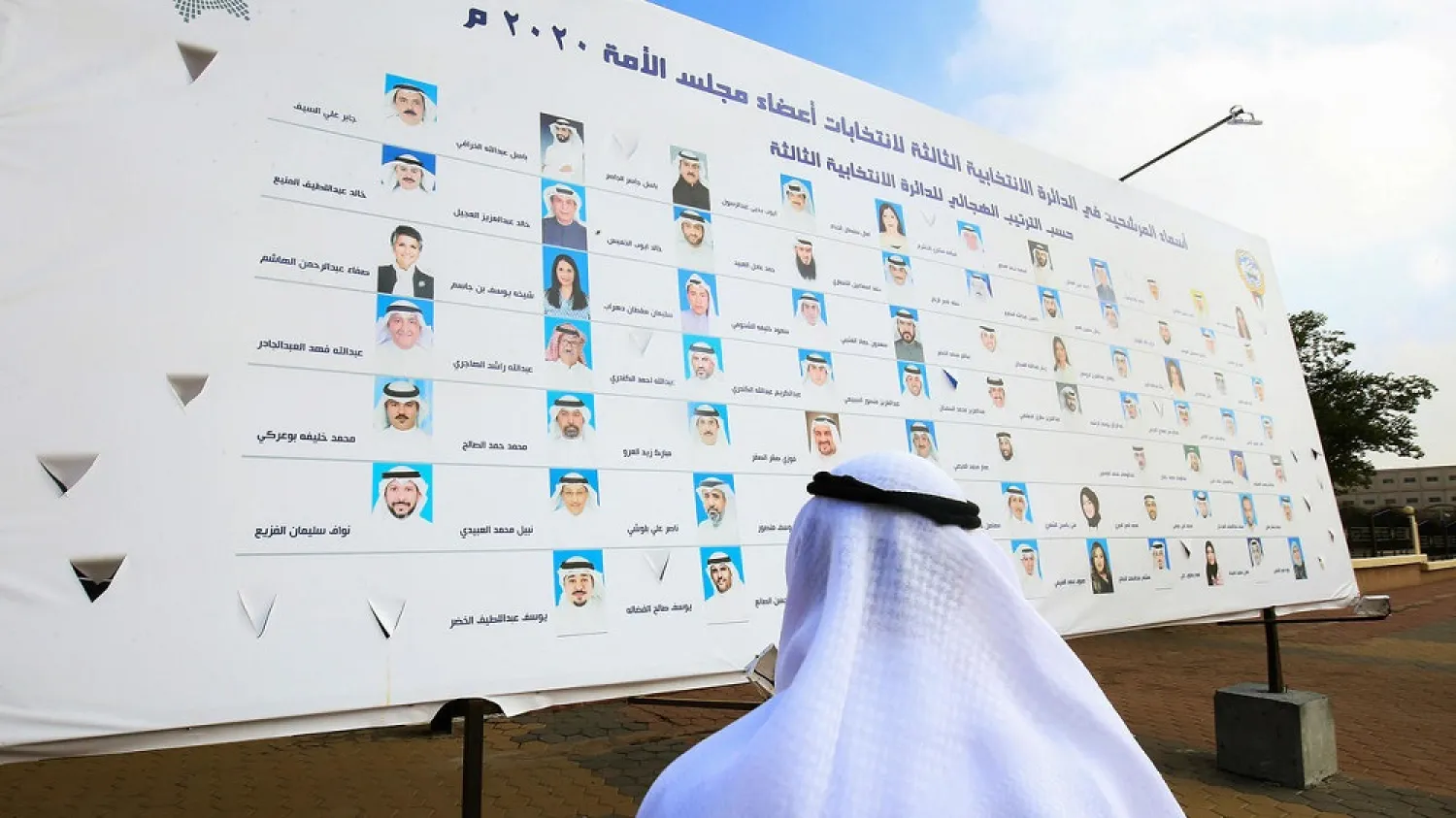Kuwaitis head to polls on Saturday to vote in parliamentary elections, amid concerns that the novel coronavirus pandemic will impact the turnout.
More than 326 candidates, including over 30 women, are competing for a seat in the 50-member National Assembly. Some 567,694 eligible voters will cast their ballots in five electoral districts.
The elections will be the first to be held during the reign of Emir Sheikh Nawaf al-Ahmad al-Jaber al-Sabah, who succeeded his brother, Sheikh Sabah al-Ahmad, after his death in September.
Voting will end at night on Saturday, followed by the ballot count. The cabinet will meet on Sunday to declare the results.
Kuwait faces its worst economic crisis in decades, posing a challenge for the government's often stormy relationship with parliament, that has hampered fiscal reform. Critics say parliament has long stalled investment and economic and fiscal reform in the cradle-to-grave welfare state.
Frequent clashes between the cabinet and assembly have led to successive government reshuffles and dissolutions of parliament. The emir, who has final say, picks a prime minister who selects a cabinet. The current government is due to resign after the elections.
Campaigning, which took place mostly on social media and local TV channels due to COVID-19 measures against gatherings, has focused on the economy, corruption and demographics in a country where foreigners make up the bulk of the workforce.
"The issues are the same - health, education, housing – as one of these have been resolved yet," government employee Hamad al-Otaibi, 43, told Reuters ahead of the elections.
The nearly $140 billion economy is facing a deficit of $46 billion this year. A priority will be overcoming legislative gridlock on a bill that would allow Kuwait to tap international debt markets.
Turnout is expected to be lower than in past elections due to concern over COVID-19, which along with low crude prices, has battered state finances in the wealthy oil-producing nation. Low turnout could strengthen the showing of tribal, Islamist and other candidates who can rally supporters to head to polling centers, analysts said, according to Reuters.









